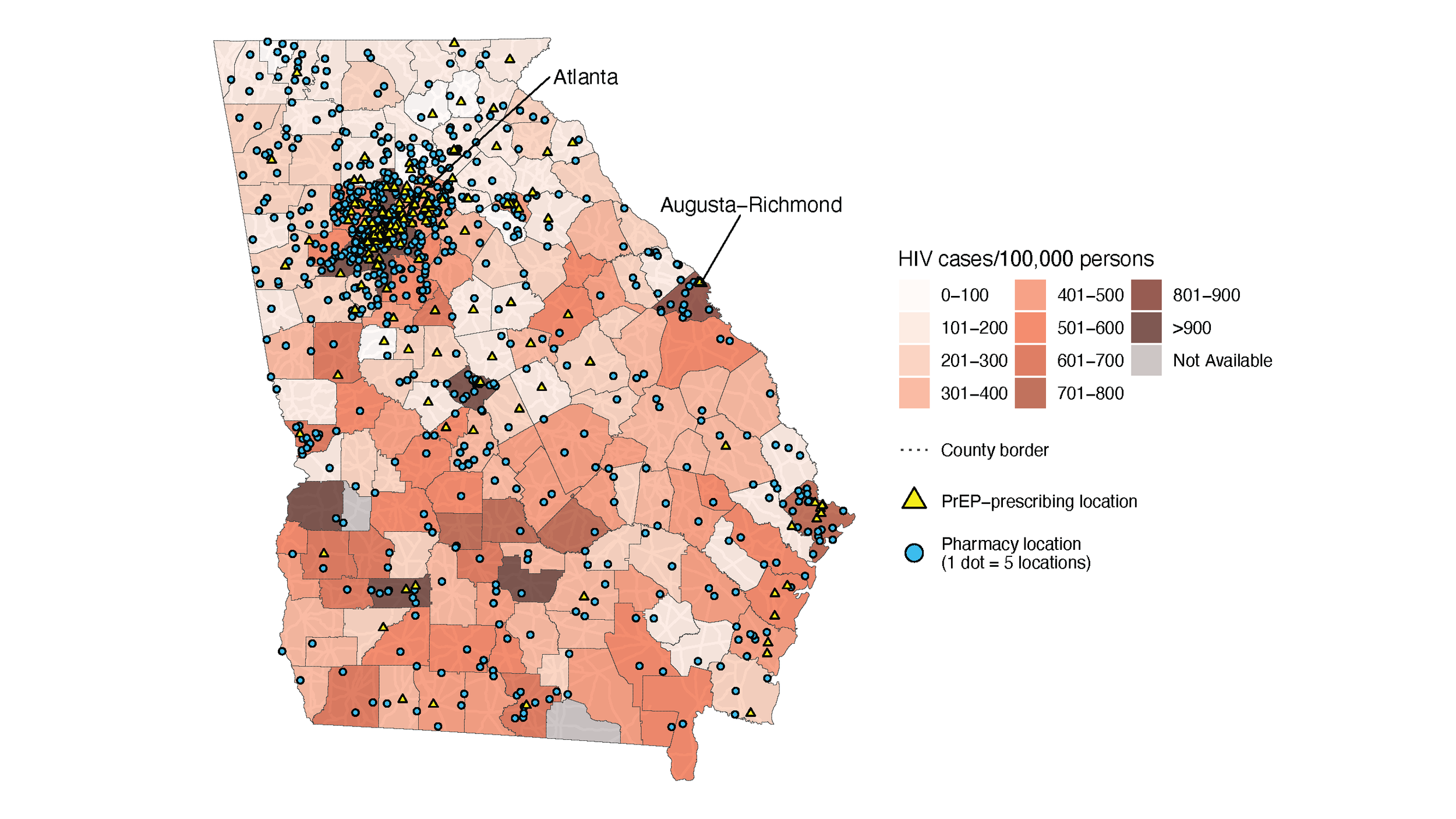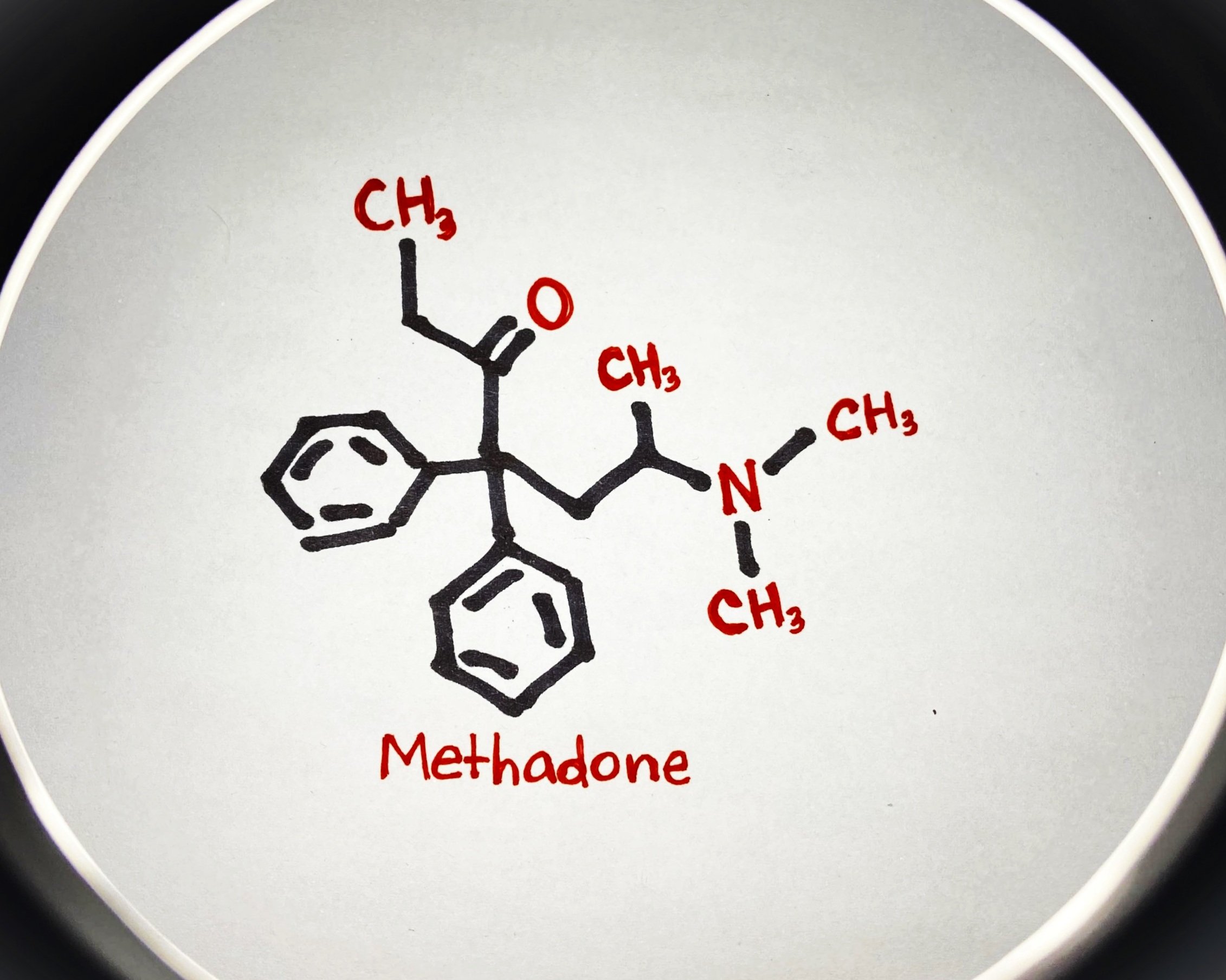
“When they give me positive doors to walk through, I’m going to keep choosing those doors”: An Interview with Gordon Perry
We talked with Gordon Perry, a resident at Maine State Prison, about how access to medication for opioid use disorder (MOUD) has changed his life, and opened doors for growth, transformation, and goals. Gordon also shared how the introduction of MOUD has changed conditions in the prison for the better.

“Housing directly affects whether harm reduction services can even reach people”: an interview with Layal Bou Harfouch and Christina Mojica
We talked with Layal Bou Harfouch and Christina Mojica at Reason Foundation, about their work to look at how housing policy and harm reduction are — and must be — deeply intertwined.

“Overdose deaths could have been prevented if more people had access to methadone”: An Interview with Dr. Jeff Singer
We talked with surgeon Dr. Jeff Singer, a senior fellow at the Cato Institute, who says that industry claims about the risks of expanding access to methadone for opioid use disorder don’t add up. Here, Dr. Singer makes the case that methadone diversion is largely a symptom of poor access to this lifesaving medication.

An Interview With Citizen Tobacco Harm Reduction Advocate Skip Murray
We talked to Skip Murray about her personal harm reduction journey from smoking cigarettes to vaping, and how she meets every person “where they’re at” on their own journeys to smoking cessation.

“There’s a Lot of Pressure To Work”: An Interview with Chris Lalevee, Construction Industry Harm Reduction Advocate
We talked to Chris Lalevee, construction industry veteran and co-founder of The Alliance for Naloxone Safety in the Workplace, about the huge scale of the overdose crisis in the construction industry and his work to bring harm reduction knowledge and resources to job sites.

Building Pharmacy Linkages to HIV Prevention and Care: An Interview with Courage Forward Strategies’ Sara Zeigler and Aliyah Ali
We were excited to talk with Sara Zeigler and Aliyah Ali at Courage Forward Strategies, a public health strategy firm that is working to expand access to HIV prevention and linkage to care services through community pharmacies.

Overregulation Hurts Competition Among Methadone Providers—and Harms Patients
In America, methadone is highly regulated and extremely difficult to access. There are 77.5 million Americans who live in a county without an OTP. The result of this scarcity is that in many areas of the country, the only organizations authorized by the federal government to provide methadone to people with OUD have no direct competition. This market concentration can make accessing methadone an untenable experience for people seeking an off-ramp from OUD.

Clean syringes seem counterintuitive to fentanyl fight. But needle exchange saves lives.
ORIGINALLY PUBLISHED IN USA TODAY
Opponents of SSPs argue that they enable drug use and make neighborhoods less safe. However, when implemented according to best practices, there is actually plenty of evidence to the contrary.
Commentary from R Street’s Mazen Saleh and former U.S. Surgeon General Dr. Jerome Adams

What the…? Safer From Harm on Methadone
Methadone is a “gold standard” treatment for opioid use disorder (OUD). But it is over-regulated, stigmatized, and out of reach for many Americans. We talk to Stacey McKenna, R Street’s Resident Senior Fellow in Integrated Harm Reduction, to understand how methadone works, identify existing barriers, and learn what is being done to expand access.

Opioid Harm Reduction on Campuses and the Policies That Make It Possible
Something remarkable is happening at the University of Arizona: Student leaders are ensuring that every fraternity has opioid harm reduction tools and skills at the ready.

What the…? Safer From Harm on Why Fentanyl is in Stuff
A friend recently asked me, “Why are drug traffickers putting fentanyl in fake prescription pills? Why would they sell a deadly ingredient to their customers?”

What the…? Breaking Down Harm Reduction Questions, Myths and Concepts
In our “What the…?” series within our Safer From Harm blog, we’ll cover myths, questions and explanations in drugs, tobacco and sexual health, and in the underlying factors and health risks that make harm reduction so necessary in the first place.

Interconnected: Harm Reduction and Older Adults
Baby Boomers are using substances—both legal and illegal—at increasing rates. They deserve attention, autonomy in making decisions about their health, and access to options that can reduce their risks.

Harm Reduction Belongs Everywhere
It’s time to get over our instinct to tell people to “just quit” whatever they’re doing, which too often really means—whether we intend it to or not—“serves you right” or “quit or die.”

The Effects of Drug Decriminalization in Oregon: An Interview with Drug Policy Alliance’s Matt Sutton
In 2020, Oregonians passed the Drug Addiction Treatment and Recovery Act, which decriminalized possession of small quantities of formerly illicit drugs.

With Cannabis Use Disorder and Schizophrenia, Different Risks Require Different Interventions
A recent Cambridge University study assessed the relationship between cannabis use disorder and schizophrenia.

Lawmakers’ best intentions on vaping could cost lives
Lawmakers typically have a bias for action. When they perceive a social problem, they quickly draft legislation—however flawed—to try to address it.

Policymakers Move to Expand Addiction Treatment with the Modernizing Opioid Treatment Access Act
Expanding access to medications for opioid use disorder (MOUDs) is key in reducing fatal overdoses in the country.

The Western War On Vaping Is Harming Public Health
E-cigarettes are widely recognized as a useful tool for reduced usage of traditional combustible tobacco products.

Study Claiming SSPs Increase Overdoses Overlooks Nuances of Real-World Drug Environments
Decades of data support the role of SSPs in reducing the spread of infectious disease and indicate that they do not encourage drug use, but rather recovery.
The Latest on Harm Reduction
The Safer from Harm blog features analysis, interviews, news, and more from across the spectrum about public health and harm reduction.
Newest posts will appear first. Sign up for our newsletter to receive these straight in your inbox and learn what our coalition is up to.
